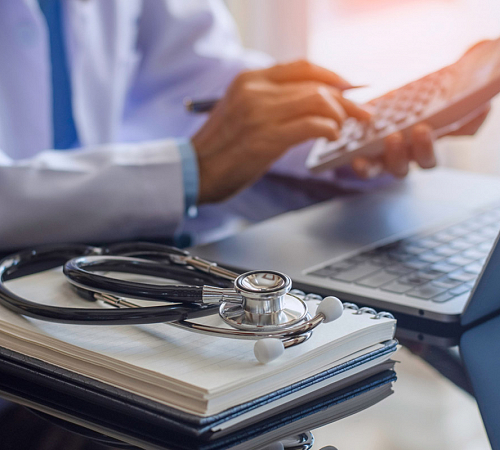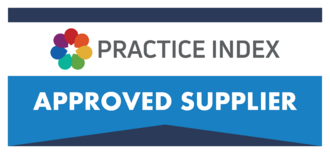Using Rental Options to help restore diagnostic testing services

The UK went into lockdown to manage the threat of COVID-19 on 23rd March 2020. Since that date, there have been varying levels of restrictions across all four nations, with the current level of restrictions similar to those seen in Spring 2020.
With the rapid rollout of the COVID-19 vaccination programme, it is likely that restrictions will begin to ease in all regions of the United Kingdom over the next few months. The UK Government has committed to offering everyone over the age of 50 the vaccination by May 2021. This will mean that all 9 priority should have received the vaccine by this date, opening up the possibility for a more long-term lifting of restrictions.
Additional pressures on GP services as lockdown eases
However, this further easing of restrictions is likely to continue to place pressures on the NHS and primary care in particular. At the start of the pandemic, the Waltham Forest Tri-PCN Alliance identified a range of additional pressures that may be put on GP practices when restrictions were finally lifted. These included:
- A massive increase in practice workload as services resume and practices start to reopen fully.
- The pressure of catching up on essential services - the resumption of services that had been put on hold because of COVID-19 and the backlog this created.
- The need for longer consultations with some patients to deal with those who have an accumulation of problems.
Many of these pressures have already been experienced by GP practices during 2020 and are only likely to increase as the country returns to normality.
The impact of ongoing COVID-19 pressures
Along with the pressures identified above, there will also be additional demands caused by the presence of COVID-19 on GP practices. These will include:
- The need for more GP practices to deliver COVID-19 vaccination programmes alongside their regular work.
- The continued change in how practices deliver services, such as additional cleaning requirements, timetabling to maintain social distancing and additional PPE requirements for staff.
- The additional work managing the mental health and post COVID-19 syndrome issues, such as Long COVID, caused by the pandemic.
Using Rental Options to help provide extra services
The focus for many GP practices over the next few months will be to continue to restore and re-organise their essential services. NHS England has already committed to an additional £150m in funding until March 2021 and further funding may be required in order to restore these services to pre-pandemic levels.
There will also need to be a plan as to how the backlog of appointments for chronic disease management can be reduced. This will require additional services to be provided, with both extra staff and additional diagnostic equipment required in order to help clear this backlog of tests.
Short-term Rental is a great way of obtaining additional ECG, ABPM or spirometry diagnostic devices to allow practices to temporarily offer additional services and catch up with the backlog. There is no long-term commitment, as practices can rent a device from as little 3 months for as long as required and installation, training and on-going support all included.
For those practices that need equipment for a longer period of time, then Long-term Rental will be the preferred option. A range of ECG, ABPM and spirometry devices are available to rent from as little as £35 per month, with installation and training, clinical system integration, service and repair and technical support all included. This is a great option if there is currently limited funding available to purchase a new device.
More information
For more information about our Diagnostic Rental Options, please visit the pages below our contact our team on 0114 2433896, or by email: enquiries@numed.co.uk

